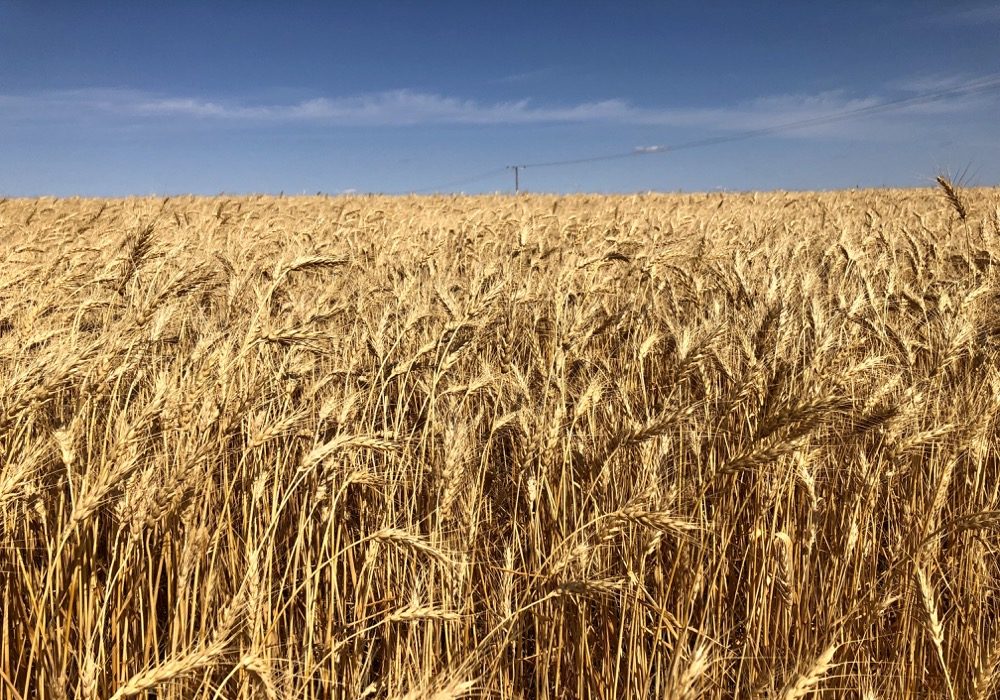A few days ago a friend told me snacks had been banned from their six-year-old’s soccer games.
The team was forced to, because some parents had taken to social media to shame other families, because their snacks did not measure up to the shamers’ idea of social acceptability.
Food shaming impacts almost all consumers. What about that family that can’t afford the latest gluten free, organic, GMO free, locally grown, produced on a Tuesday yogurt? Are they raising unhealthy children by giving them ordinary yogurt as a snack? Of course not. What is the right choice for a family on a tight budget – purchase the extra-expensive fruit and vegetables that conform to the social standard of the soccer field or buy regular produce and feed their kids?
Read Also

Use-it-up meals stretch the post-holiday menu
Leftovers and extra food abound in the first weeks of January. Give your kitchen a winter reset, clean out the fridge and save on your grocery bill
Choice is good. Everyone has the right to choose what they want to eat. Everyone has the right to include social factors in their food choices. What we don’t have the right to do is claim that these choices are healthier or better than the choices made by other families or impose our choices on others.
This is an important issue for agriculture and we need to be part of the discussion. We need to ensure our statements around health and food safety are based on solid research and that the moms and dads at the soccer game know where they can get the facts behind the healthy, nutritious choices. That way they will be equipped to respond when someone tries to shame them.
If modern agriculture fails to provide this factual foundation, our choices in production methods will become limited by what people without the facts believe.
“Healthy” is not an arbitrary word that can be loosely defined by what the latest celebrity is pushing on the Internet. The Canada Food Guide, published by Health Canada is the right place to start on this definition. You will notice when reading through the guide that production practices – conventional agriculture, organic, GMO free, etc. – are never mentioned. These are choices outside of the realm of “healthy.”
The fact-based food guide does not talk about any of the latest Internet celebrity fads for a reason. For example, let’s take the long-running (and thankfully waning) fad around gluten. Unless you have been diagnosed with celiac disease, a painful and debilitating condition, there are no health-based reasons to avoid gluten in your diet. In fact, avoiding products like whole grain and pasta will deny you important nutrients.
Agriculture needs to lead the discussion that will help better articulate the difference between social choices and fact-based healthy choices. We need to work to ensure that the facts around “healthy” are readily available and not distorted by marketing campaigns designed to sell lifestyle choices. It is fair ball for social choices to be part of marketing campaigns from those who want you to buy their “stuff.” However, it is not acceptable to have food fads and marketing campaigns attempt to redefine the meaning of healthy.
There is room on our grocery shelves for all different kinds of food choices. There is room on our farms for all different kinds of production practices. This variety is good. But we must remember the word “choice” and differentiate between social choices and researched facts behind healthy eating recommendations.
It also means respecting the choices that others make.
Cam Dahl is president of Cereals Canada.














